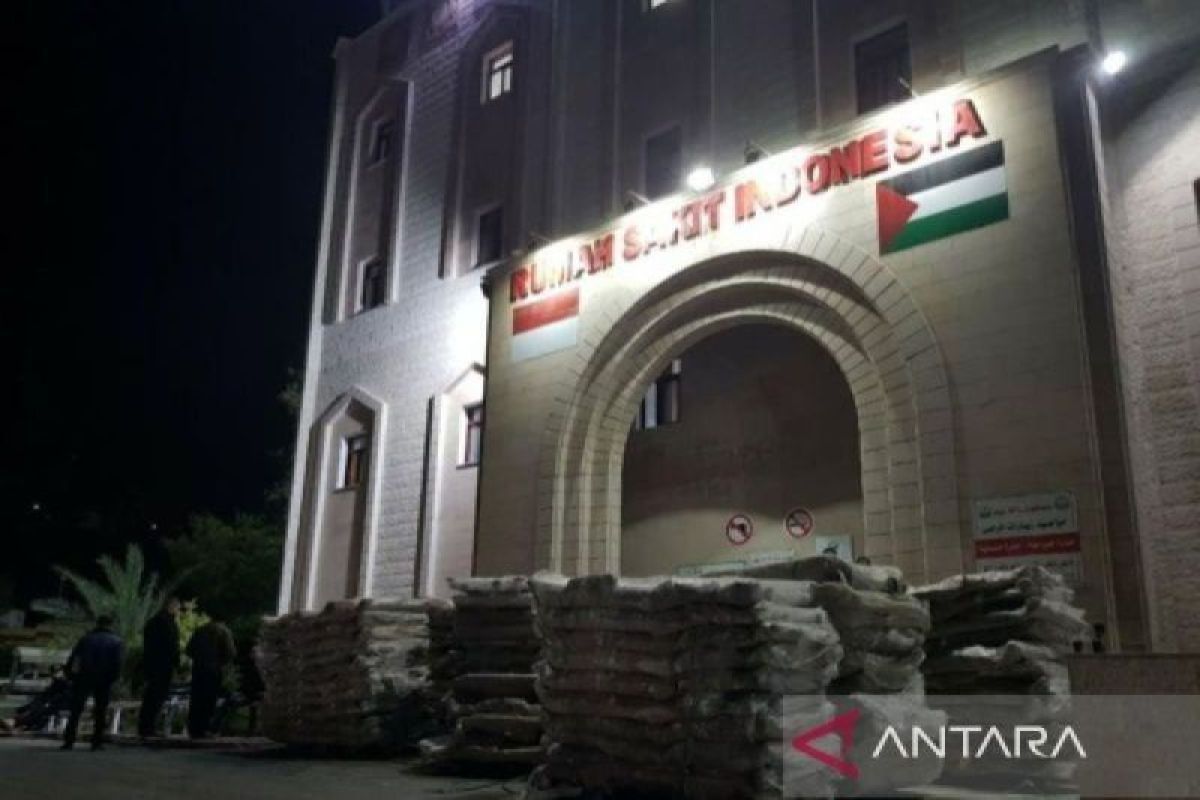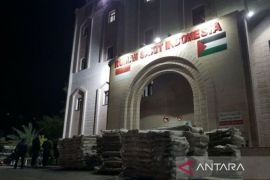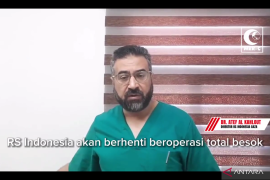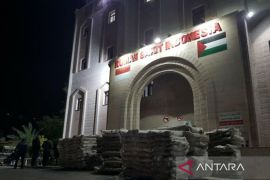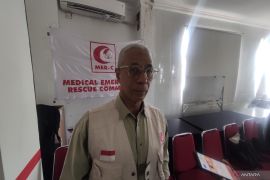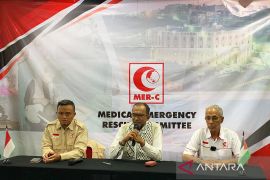"We need to immediately restore the electricity supply," said Dr. Dany Kurniadi Ramdhan, a MER-C volunteer, during a virtual press conference on Monday.
He explained that the hospital's only sources of electricity are the remaining solar panels, which produce only up to 20 percent of their maximum capacity, and a power generator, which is highly dependent on fuel deliveries from the World Health Organization (WHO).
The limited electricity supply has severely impacted the hospital's ability to optimize services for Palestinians injured in Israeli bombings, Ramdhan added.
Supplies of medicines, medical devices, and prostheses are also running low, he noted.
"When we arrived on August 9, the lights went out while surgery was in progress," the neurosurgeon said. "The operation had to continue with lighting from a cellphone lamp."
The unstable electricity flow could also damage the medical devices that are still in use.
Many medical devices at the hospital, including a CT scanner, ultrasound, and blood and hepatitis testing equipment, have been damaged in Israeli attacks. Israeli troops have also occupied the hospital and turned it into a military base.
Ramdhan said that the structural damage to the hospital is not too severe, although the top two floors of the hospital building were burned in Israeli attacks.
"Structurally, the building is still sound; there are just a few holes and fire damage from rockets and explosions that need to be repaired," he added.
The access road to the hospital, which was destroyed and blocked by the remains of burned vehicles, has also been gradually cleared, he said.
Related news: Government seeks ways to reconstruct Indonesian Hospital in Gaza
Related news: Gaza: Indonesia condemns Israeli attack on Indonesian Hospital
Translator: Nabil Ihsan, Yashinta Difa
Editor: Anton Santoso
Copyright © ANTARA 2024
